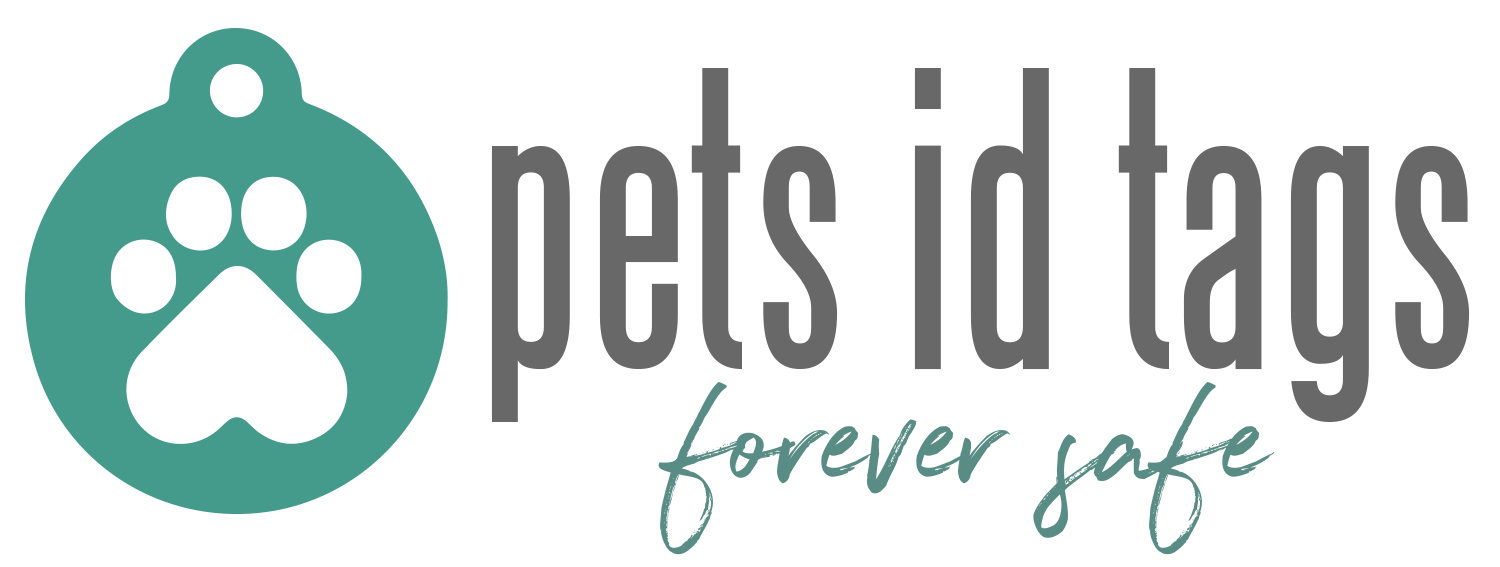In the world of pet ownership, ensuring the safety and identification of our furry friends is paramount. Among the various tools available, pet tags serve as one of the most essential accessories. These small, yet vital items can make a significant difference in reuniting lost pets with their owners. Today, we'll delve into the different materials used for pet tags and how these choices play a critical role in identification.
The Importance of Choosing the Right Material for Pet Tags
Pet tags must withstand the test of time and the adventures of your pet. Choosing the right material is crucial for durability and legibility. Here’s a look at some common materials used in making pet tags:
Stainless Steel
Stainless steel is one of the most popular choices for pet tags due to its durability and resistance to rust. These tags often retain clear engraving and do not wear out easily, making them ideal for active pets. If you're looking for a reliable option, you might consider the Pet ID Tags Bone, known for its robust design and classic look.
Aluminum
Lightweight and cost-effective, aluminum pet tags are a convenient option for pets that may not be comfortable carrying heavier tags. Although not as durable as stainless steel, aluminum tags such as the Pet ID Tags Paw Print offer vibrant color options and sufficient durability for less boisterous pets.
Brass
Brass tags offer a unique golden finish and are known for their strength and resistance to corrosion. They can give a more classic appearance, but the engraving may become less visible with heavy use over time.
Plastic
Plastic pet tags are another lightweight and budget-friendly choice, available in a variety of colors and shapes. While they might not have the same longevity as metal tags, they can be a suitable choice for pets that don't engage in rough play.
The Role of Pet Tags in Identification
Pet tags are more than just a decorative accessory; they are the first line of defense in reuniting lost pets with their families. The information engraved on these tags - such as the pet's name and the owner's contact details - can swiftly aid those who find a lost animal. For a deeper understanding of how pet tags can facilitate reunions and strengthen connections, visit this insightful article.
Customization for Unique Identification
Custom pet tags allow for more than just basic information. By adding unique details or designs, you can enhance the distinctiveness of your pet's tag, making it less likely to get mixed up with others. Learn more about customization options in this educational guide.
Conclusion
Understanding the various materials used in pet tags and their unique properties can help you choose the right fit for your pet's lifestyle. Durable and clearly engraved tags ensure that should your pet stray away, they can be reunited with you quickly and safely. For more options, explore the variety of pet tags available at Pet ID Tags.
By investing time in selecting the appropriate pet tags, you contribute to keeping your beloved pets safe and enhancing their overall well-being.

